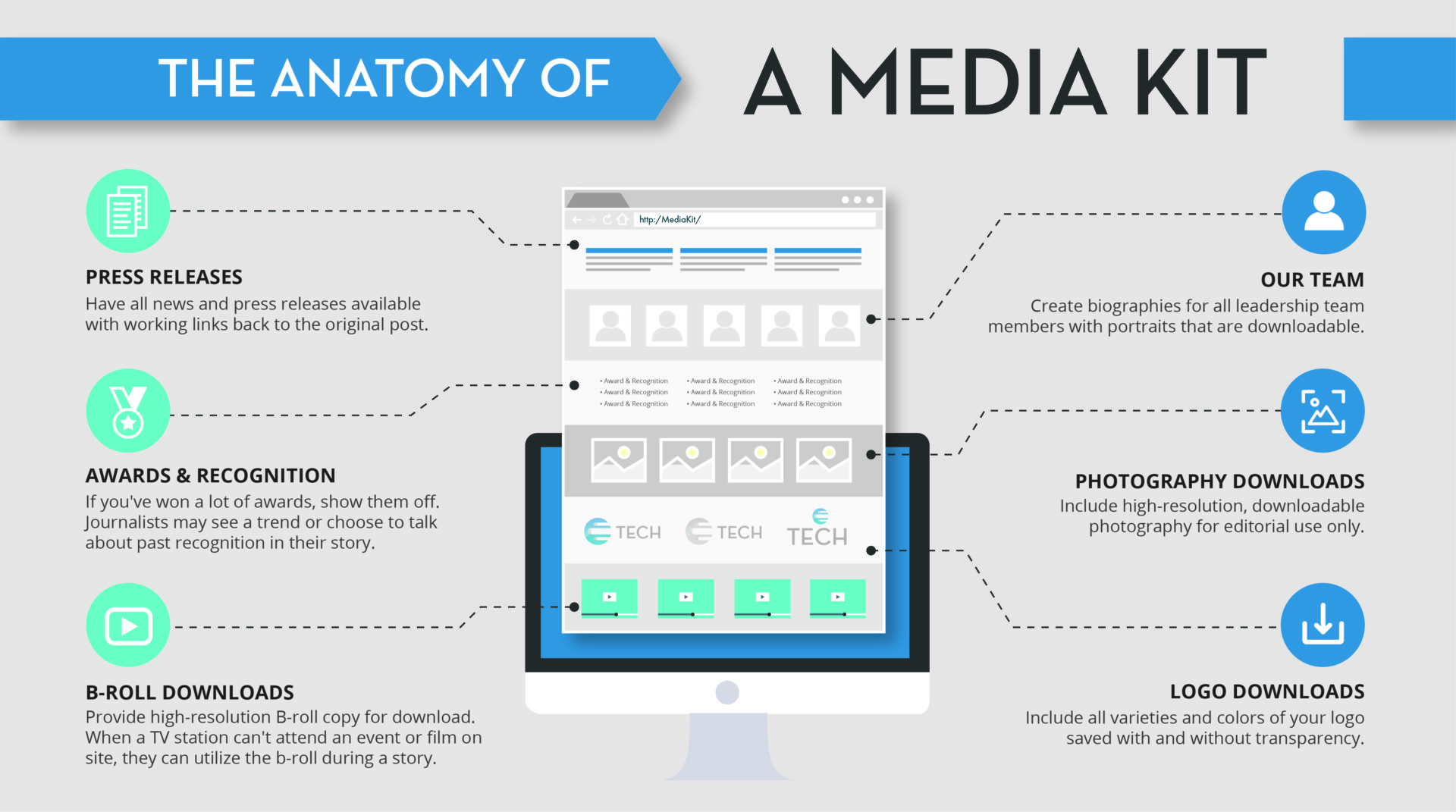Communications Insurance Policy
Each year when the president gives the State of the Union address, you’ll notice one cabinet member is missing. They choose one member to stay out of the building in case the worst should happen. (Thanks, West Wing for that trivia!) It takes admitting and recognizing our government’s own vulnerabilities to plan and protect our country. The same philosophy applies to your business communications. You can’t predict exactly what crisis your company could face, but having a team of people prepared to lead communications will make dealing with a crisis a little less scary. Here are a few things you can do to start protecting yourself:
Communications Policy
To quote everyone’s dad, you can’t dig yourself out of a hole. In the case of a communications crisis, the quickest way to dig yourself deeper is by not controlling the message. And the quickest way to control the message is by controlling the messengers. Even a well-intentioned employee can quickly escalate a problem by giving out misinformation.
Set a communications policy before there’s a crisis. Specify which employees can talk to media and where employees should direct media inquiries. Include the communications policy in your handbook and get employee signatures.
Designate Spokespersons
Just like when you choose a surgeon, you want the right specialist for the job. Identify who your experts are and which topics they are knowledgeable to speak on. (A good proactive PR strategy will already have these identified.) For some companies, one person will be enough, for others you need experts across brand segments and services. Look at your team and make sure all your bases are covered. However, make sure your team knows that just because they are a spokesperson on one topic, it doesn’t mean they are always a spokesperson for the company.
Leadership Training
After you’ve designated your spokespersons, give them the training they need to be successful. In the event of a crisis, your key stakeholders will expect you to respond swiftly. There is not always time to prepare your leadership to speak to media on a whim.
Have your leadership complete media training before there is a media inquiry. Learn how to respond to media questions, how to stick to key messages, and what amateur mistakes to avoid. Your team will need practice in order to feel comfortable in front of a camera, to keep their poise during tough questions, and to seize every opportunity to deliver more key messages.
Resource Awareness
One of the most critical components to quickly developing a crisis communications plan is knowing what tools you have available.
Here are some important questions to ask about your business:
- How can you reach your stakeholders?
- Do you have emails? Addresses? Phone numbers?
- Can you easily change your website? Build a webpage?
- Do you have a customer support line?
- Do you have a corporate email template? An email service?
- Which Social Media outlets do you have? Who is managing those?
There is no perfect Get-Out-of-Jail card you can develop for crisis communications. Most of the time, we can’t predict a crisis. But by taking these simple measures of preparation, you can give your company a head start on solving tough communications problems and getting back to business as usual.

